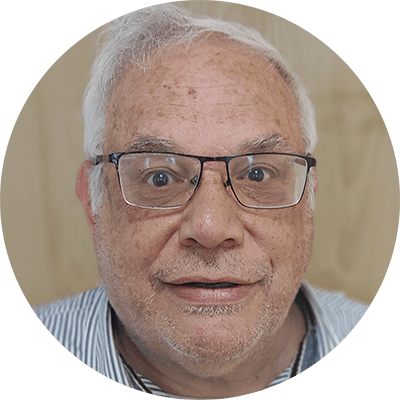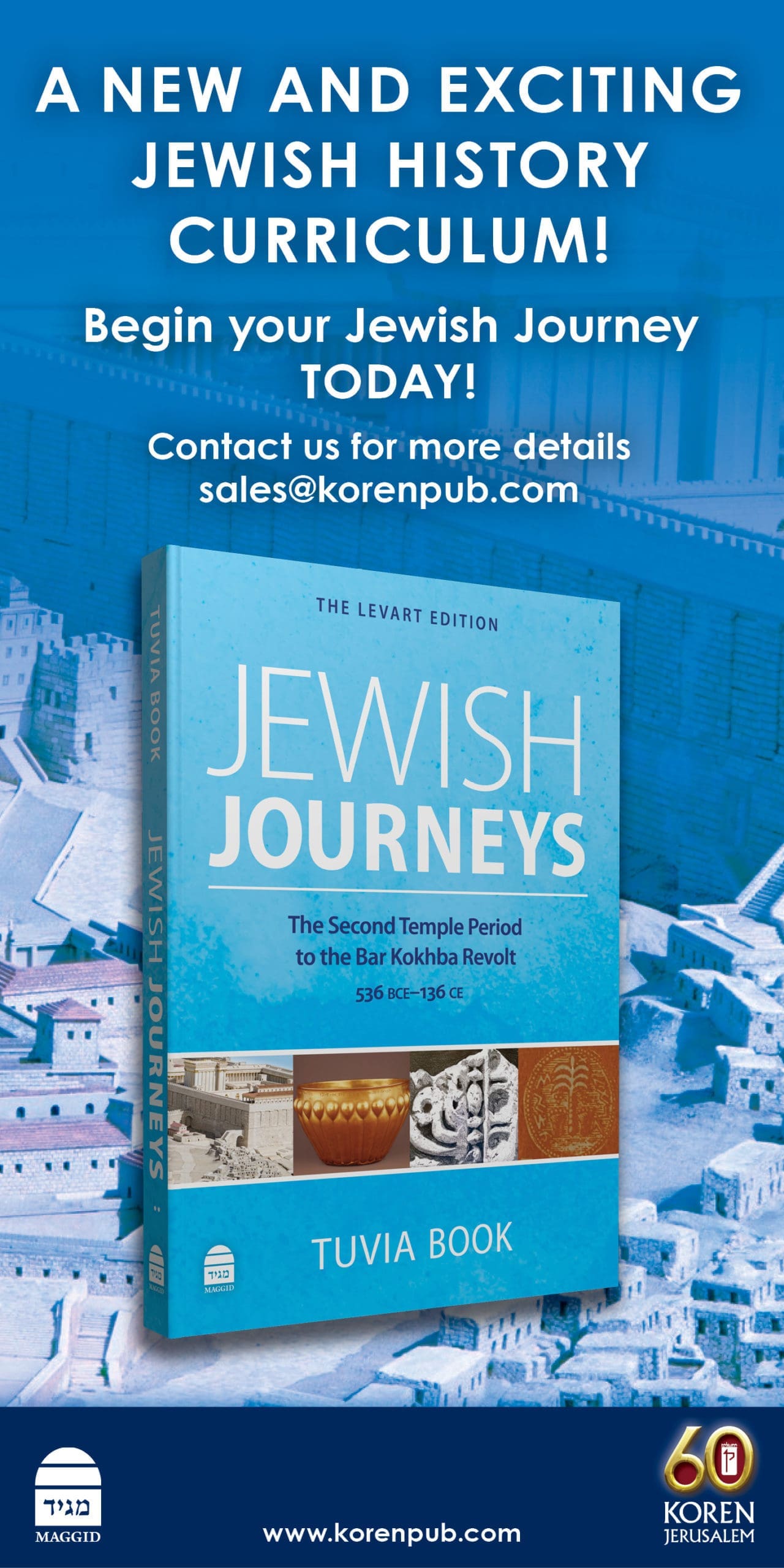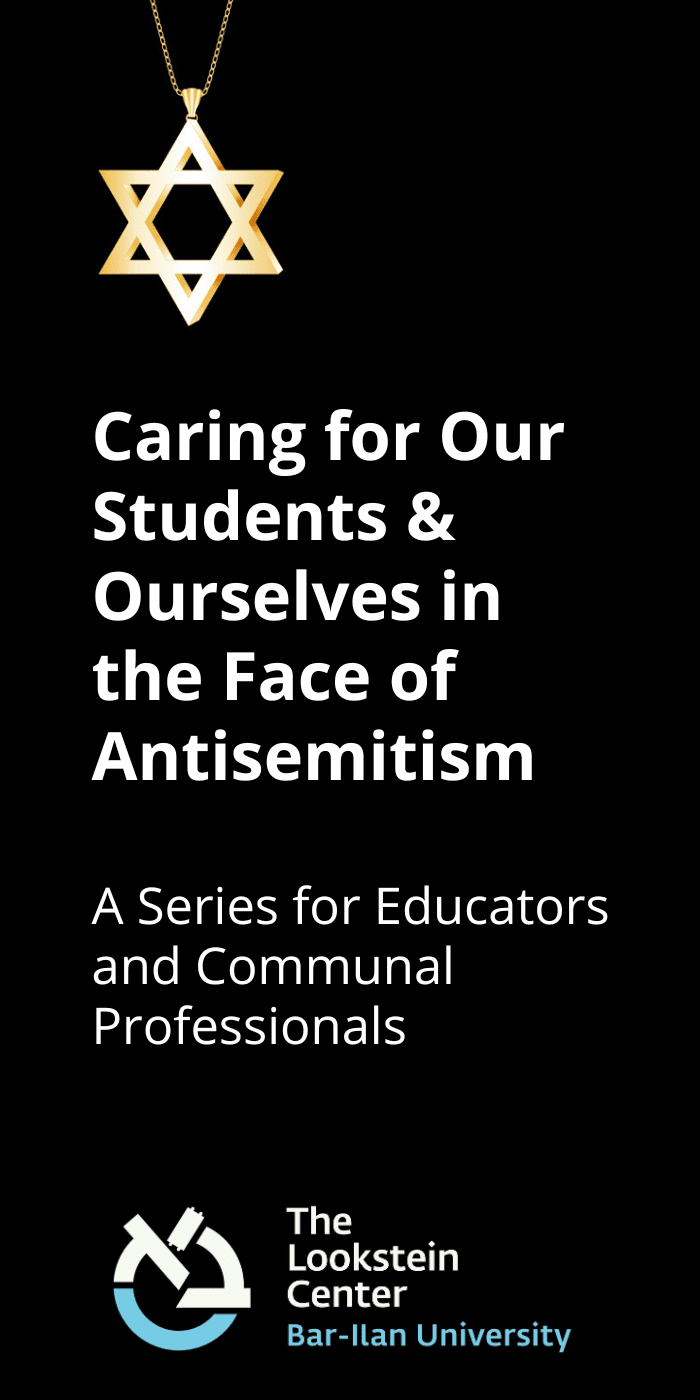Jews remember. There are 169 places in the Torah which command us to remember, to recall, to not forget, and to commemorate. You might think that there would be an accompanying imperative to study history. After all, doesn’t memory require a knowledge of the content that we are supposed to remember? Yet there is no such imperative. It seems that, even though historical events represent the basis for memory, fulfillment of the commandments to remember in the Jewish tradition has very little to do with historical fact. The commandments instruct that we remember but offer little in the sense of rigorous requirements of what we are to remember (the exception being Rabbinic discussions of what to include in the recitation at the Seder). The connection between memory and history in the Jewish tradition needs to be examined more closely.
Yosef Hayim Yerushalmi’s Zakhor: Jewish History and Jewish Memory highlights the gap between history and collective memory in the Jewish tradition. He writes that “the quintessential exercise in Jewish group memory,” the Passover Seder contains very little historical information about the events of the Exodus. One can perform all the commandments of remembering without having much historical fact about the event. Yerushalmi writes: “The Hebrew Bible seems to have no hesitations in commanding memory. Its injunctions to remember are unconditional, and even when not commanded, remembrance is always pivotal.” At the same time, he argues that the biblical injunction to remember has little to do with history or with curiosity about the past. In other words, we are commanded to remember with seemingly sparse details about the event.
This non-specificity is not to say that Jewish history is not important. In the end, when a Jew fulfills the commandment to remember, most of what he remembers will be based on historical data, and the discussions during the Passover Seder are often filled with historical information. That being said, the lack of specificity regarding which information we are required to remember focuses our attention on the dynamic of memory rather than on history. Australian author and poet Lily Brett, vividly argues the importance of memory of facts in her poem “I Keep Forgetting.”
I keep forgetting
the facts and statistics
and each time
I need to know them
I look up books
these books line
twelve shelves
in my room
I know where to go
to confirm the fact
that in the Warsaw Ghetto
there were 7.2 people per room
and in Lodz
they allocated
5.8 people
to each room
I forget
over and over again
that one third of Warsaw
was Jewish
and in the ghetto
they crammed 500,000 Jews
into 2.4 per cent
of the area of the city
and how many
bodies were they burning
in Auschwitz
at the peak of their production
twelve thousand a day
I have to check
and re-check
and did I dream
that at 4pm on the 19th January
58,000 emaciated inmates
were marched out of Auschwitz
was I right
to remember that in Bergen Belsen
from the 4th-13th of April 1945
28,000 Jews arrived from other camps
I can remember
hundreds and hundreds
of phone numbers
phone numbers
I haven’t phoned
for twenty years
are readily accessible
and I can remember
people’s conversations
and what someone’s wife
said to someone else’s husband
what a good memory
you have,
people tell me.
Prioritizing memory can be helpful in choosing what to focus on from the incredibly broad and rich well of Jewish historical knowledge. Following the Biblical imperative and Brett’s example, it would seem that our energies should be focused on that which enables memory, and that the pedagogical approaches should be those which will facilitate this memory. Continuing Brett’s theme, I would like to use Holocaust education as an example of how to focus on memory rather than on information.
Israeli poet Yehuda Amichai, in his “Let the Memorial Hill Remember,” discusses the role of commemoration replacing the need for personal memory:
Let the memorial hill remember instead of me,
that’s what it’s here for. Let the park in-memory-of remember.
Let the street that’s-named-for remember.
Let the well-known building remember,
Let the synagogue that’s named after God remember
Let the rolling Torah scroll remember, let the Yizkor prayer
in memory of the dead remember. Let the flags remember
those multicolored shrouds of history: the bodies they wrapped
have long since turned to dust. Let the dust remember.
Let the rubbish remember at the gate. Let the afterbirth remember.
Let the beasts of the field and birds of the heavens eat and remember.
Let all of them remember so that I can rest.
The poem highlights the difficulty of instilling memory in students, especially when we are talking about unpleasant memories. It is much easier to create constructs of commemoration instead of actual remembering. It is also much easier to have students learn reams of information about the Holocaust, but that doesn’t ensure that the Holocaust will be instilled in the student’s memory for the long term. Despite the difficulty, Amichai argues in the poem that there is no substitute for personal memory. Only people can remember, not the street or the Torah Scroll or a printed prayer; these are only cues to motivate us to create memory.
Let’s explore a single line from the poem to delve a bit deeper. Toward the end of the poem he writes, “Let the rubbish remember at the gate.” The Hebrew word he used, translated here as rubbish, is ashpah, and in the poem it is near the gate. This is a thinly veiled reference to what is known in Hebrew as Sha`ar haAshpot, or in English, Dung Gate, the gate to the old city of Jerusalem which is closest to the Western Wall.
Amichai is referring to a well-known essay by Berl Katznelson. In 1934, the youth leadership of the Labor movement scheduled its annual conference on Tisha beAv, even though the formal policy of the Histadrut was to be closed on that day in recognition of it being a day of mourning. The youth who felt no need to mourn the destruction of the Temple had no hesitation disregarding this policy. In response Katznelson penned an essay about remembering and forgetting. He writes:
Human beings are endowed with two faculties, memory and forgetfulness. We cannot live without both. Were only memory to exist, then we would be crushed under its burden. And were we ruled entirely by forgetfulness, what place would there be for our rich heritage … A renewing and creative generation does not throw the cultural birthright into the dustbin. It examines and scrutinizes, accepts and rejects. At times it may keep and add to an existing tradition. At times it goes to the junk pile to excavate and remove the rust from that which had lain in forgetfulness, in order to resuscitate old traditions which have the power to stimulate the spirit of the generation of renewal…
Amichai’s poem dramatizes that just as commemorations cannot remember for us, the ashpah, the rubbish pit or dung heap of Jewish history, cannot remember for us, but the ashpah can be mined and excavated to uncover the things which help us create personal memory. Referencing Katznelson, instead of ignoring the junk pile, we must be prepared to access our discarded and uncomfortable narratives and refurbish them to incorporate them into our personal memory.
How do we choose from the thousands of stories, from the millions of facts? How do we mediate Holocaust history for our students? By keeping the focus on memory. We need to identify those elements which will be helpful in cultivating meaningful memory. As Michael Weingrad writes in Jewish Review of Books: “History, because of its rigorous fidelity to the totality of the recorded past, cannot tell stories about or draw lessons from it. It is memory—willful, partial, and selective—that makes meaning from the past and allows us to find our way in the present.”
Memory requires a cogent and meaningful narrative. That narrative needs to have the input of both the previous generation and of the new generation, as it is the new generation who will have to carry that memory, internalize it, and pass it forward. The narrative itself must be relevant to the new generation, and it is the task of both generations to discover and create it. We remember what is important to us and what we create—and forget the rest. And the narrative must touch not only the intellect but the soul. Emotional memories become seared into our psyche in ways which intellectual ones cannot.
Creating Memory, which I created in partnership with The Lookstein Center, is a free arts-based initiative intended to help young people encounter the Holocaust in an active, personal, and meaningful way. Participants are exposed to poetry and texts which express universally relatable themes from the Holocaust such as family and belonging, memory and silence, place and displacement, faith and hope. These themes are relevant across cultures and across generations, enabling access to the emotional impact of the Holocaust, not only its historical manifestations. Students are guided to channel these emotions into a creative outlet that allows them to feel a part of the Holocaust narrative, one which they are joining via their creativity. The active participation of the coming generations in voicing their own form of Holocaust remembrance ensures that Holocaust remembrance stays vibrant and relevant with the passage of the years.

Martin Herskovitz is a poet, philanthropist, and activist for Holocaust remembrance. Together with Efrat Bigman he developed Yozrim Zikaron, an arts-based educational program in Hebrew for Holocaust remembrance. The English counterpart to this program, Creating Memory, was crafted together with The Lookstein Center. He is a Spiegel Fellow for public activism in the Finkler Institute for Holocaust Studies in Bar-Ilan University.
Reach 10,000 Jewish educational professionals. Advertise in the upcoming issue of Jewish Educational Leadership.






